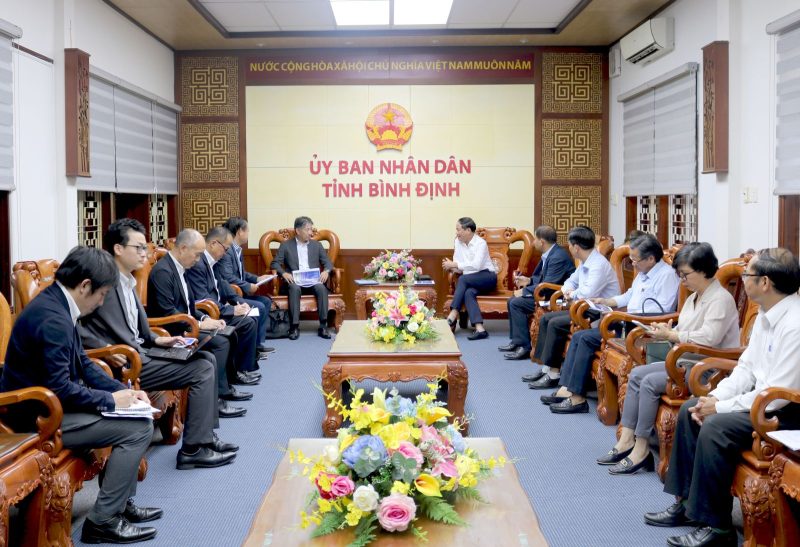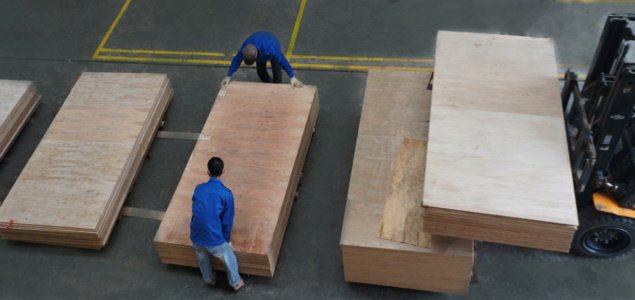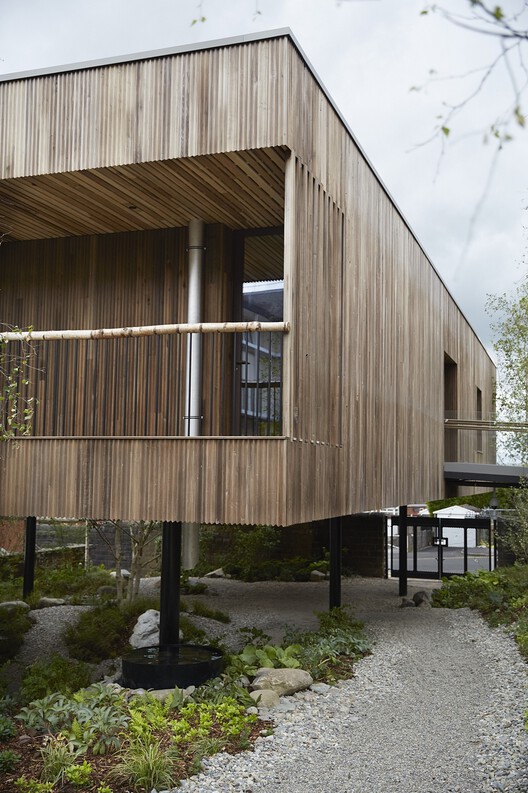Two Japanese businesses have proposed leasing and investing over 1,400 billion Vietnamese dong to plant large timber forests, serving as the raw material source for a wood pellet manufacturing plant.
In a meeting with the Binh Dinh Provincial People’s Committee on the afternoon of October 24, Tokyo Sangyo Company and Daichu Corporation, along with their Vietnamese partner (Phu Tai Bio-Energy Corporation), expressed their commitment to cooperate and implement a forest planting project for wood production in Binh Dinh Province. These companies have proposed leasing 15,000 hectares of state-owned forests to cultivate large timber forests, thus establishing a long-term raw material source for a wood pellet manufacturing plant with an annual capacity of 160,000 tons. The total investment for the forest planting and production project is approximately $60 million (equivalent to 1,410 billion Vietnamese dong).

Production forests are areas primarily used for timber production, trading in forestry products other than wood, and environmental protection. Mr. Pham Anh Tuan, Chairman of Binh Dinh Province, stated that the total planned forestry land area with a production function in the province in 2022 is over 75,000 hectares. The province encourages the planting of large timber forests. The total wood output from local sources reaches about one million tons per year, meeting 81% of the capacity of wood pellet manufacturing plants within the province.
The provincial leadership supports the large-scale timber forest planting project by Japanese investors and pledges to create favorable conditions for foreign investors to shift foreign direct investment (FDI) capital to Binh Dinh. In the immediate future, Binh Dinh will assist investors in working with forestry companies and localities with extensive forest land for production to review suitable forest areas for the proposal and research investment methods and policy mechanisms for project implementation.
Binh Dinh is evaluated by Japanese businesses as having abundant forest material resources. The province also serves as a gateway connecting South Central Vietnam and the Central Highlands. Linking with external material regions beyond the province is a competitive advantage in attracting investment in this sector.
Japan is one of the countries that has invested the most FDI in Binh Dinh. By the end of the second quarter of this year, the province attracted a total of 19 projects (10 industrial projects, 7 service projects, and 2 agricultural projects) from Japanese investors and businesses. The registered investment capital is $94.17 million, accounting for 22% of the total FDI capital.
In 2023, Binh Dinh aims to attract 60 new projects from domestic and foreign investors. The province focuses on attracting small and medium-sized investors with clean and advanced technology from Japan, South Korea, the United States, Australia, New Zealand, and European countries to accelerate the filling of the Nhon Hoi Economic Zone, industrial parks, and industrial clusters in the province. Additionally, the province will promote the development of supporting industries, infrastructure, and related services.
In 2022, Binh Dinh attracted an FDI project with a registered capital of $4 million. In the first six months of 2023, a new FDI project with a total registered capital of $81,065 was secured. Four FDI projects increased their registered capital to $1.13 billion. In the first six months of this year, Binh Dinh also welcomed 50 delegations of international investors and organizations to work and explore the province’s investment environment.
Source: VNEXPRESS




